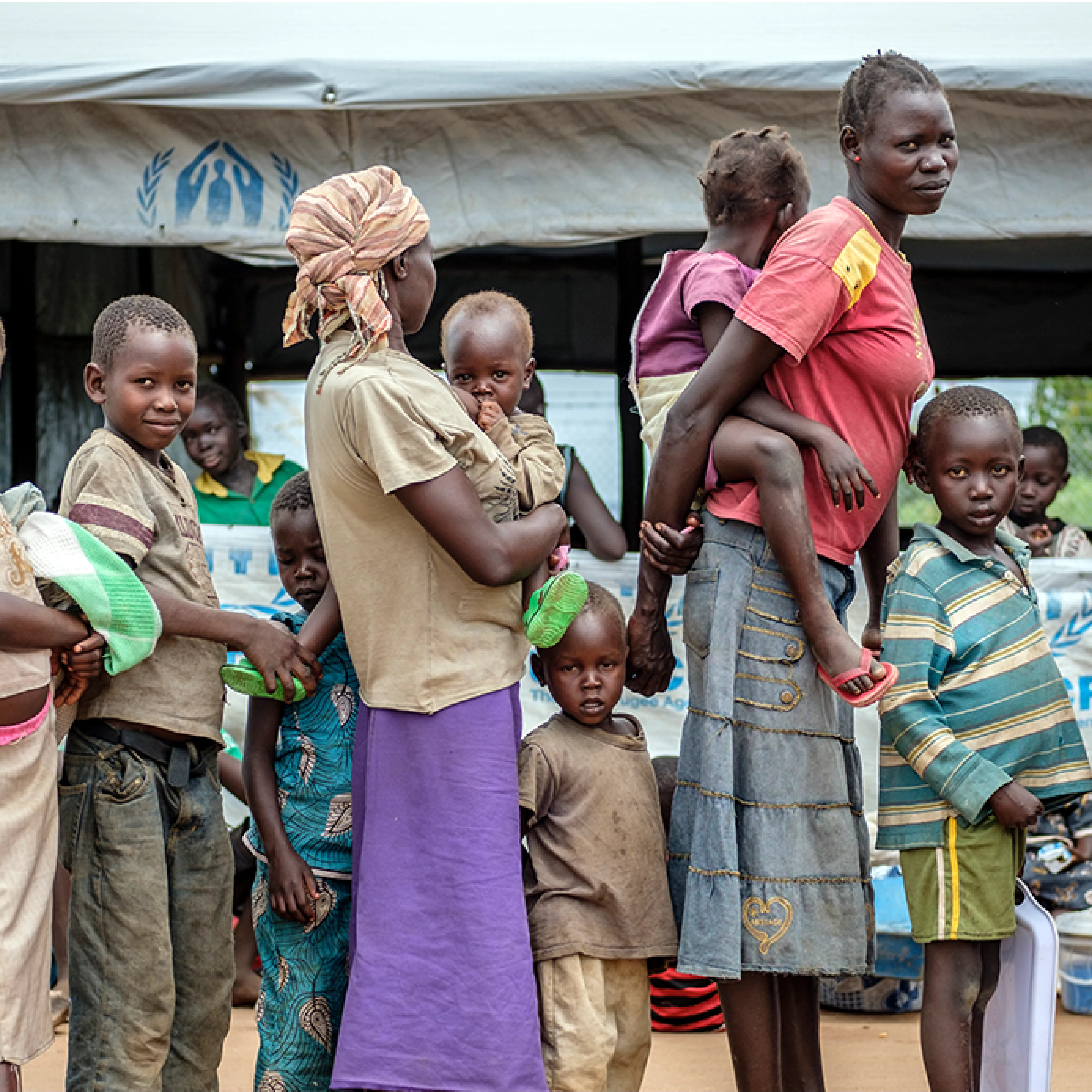About Us
The Relief and Rehabilitation Commission (RRC) is an independent Commission established by Article 148 of the Transitional Constitution of the Republic of South Sudan (amended) and Article 6(1) of the RRC Act 2016. The Commission has its Head Office in the National Capital Juba with Offices in all the states, three Administrative Areas and Counties of the Republic of South Sudan. The structure of RRC is composed of the Office of the Chairperson, Office of the Deputy Chairperson, Office of Executive Director and five Directorates of:
- Directorate of Administration and Finance
- Directorate of Programmes and Operations
- Directorate of NGOs Affairs
- Directorate of Humanitarian Coordination
- Directorate of Planning, Training and Research
At the core of its work, the RRC is responsible for providing oversight, support and coordination to organizations involved in humanitarian, development and disaster relief efforts and any other organization registered under the NGO Act 2016. The RRC engages with the international community, national NGOs and other Government Ministries and fulfills its mandate by being at the center of the many actors who are essential for ensuring effective humanitarian response and service delivery.
The RRC coordinates on policy matters with the Minister of Humanitarian Affairs and Disaster Management and, by extension to the Council of Ministers and the Presidency. The RRC ensures that all organizations under its mandate are in compliance with the laws of South Sudan, are operating with the highest ethical standards, and are observing humanitarian principles of independence, impartiality, neutrality and humanity.
Under Article 7 of the RRC Act 2016, the mandate of the RRC is to:
- Promote awareness at the grassroots level and in-depth rooting of the correct concept for voluntary Humanitarian work in coordination with relevant government institutions.
- Register and license Non-Governmental Organizations.
- Direct deployment of Non-Governmental Organizations to areas of needs in South Sudan.
- In consultation with the Ministry, coordinate relief, repatriation, rehabilitation, resettlement and reintegration of internally displaced persons and returnees.
- Train on the management of disasters at all levels in coordination with relevant government institutions
- Mobilize resources, formulate and develop comprehensive measures to address disasters.
- In consultation with the Ministry, identify needs, initiate projects and determine targets for Humanitarian intervention.
- Establish strategic storage facilities for prepositioning of stock supplies for emergency intervention.
- In consultation with the Ministry, coordinate with relevant government institutions, national and international partners in the event of disasters and facilitate their entrance to conduct Humanitarian work.
- In coordination with relevant government institutions, mobilize resources from internal and external partners for reconstruction of affected areas and the resettlement of the displaced persons.
- Coordinate, monitor and evaluate Humanitarian programmes undertaken by Non-Governmental Organizations in South Sudan.
- Conduct preliminary inquiry with Non-Governmental Organizations suspected of contravention.
- Perform and other functions delegated to it by law or by the government.

